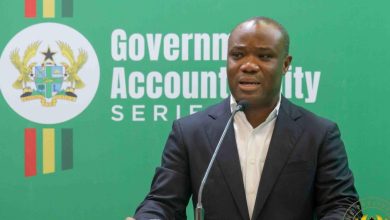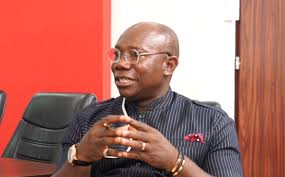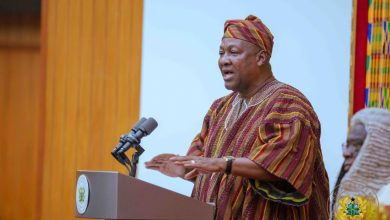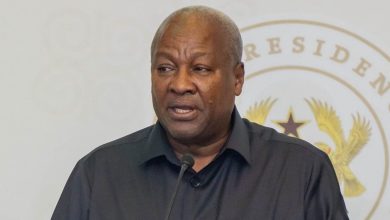1D1F can drive Ghana’s 24-Hour economy agenda – Elvis Darko
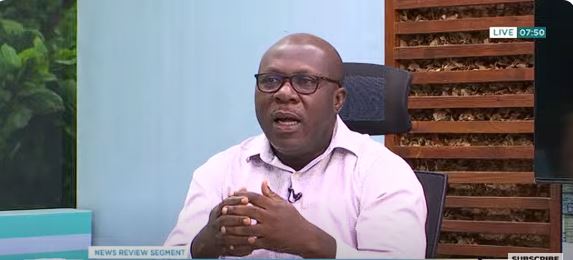
Editor of Newscenta Newspaper, Elvis Darko, has underscored that the government’s flagship One District One Factory (1D1F) initiative must serve as the gateway to the proposed 24-Hour Economy policy, insisting that private sector incentives are key to making the plan workable.
Speaking on Channel One TV’s Breakfast Daily on Thursday, June 12, he argued that without a functioning and demand-driven production base, the 24-hour economy will remain unrealistic and unsustainable.
“The gateway to 24 24-hour economy is one district, one factory. Because if it is the private sector that is driving the 24-hour economy, the demands for production in this country are what will make the 24-hour economy possible.
“It means that the private business should be given the kind of incentives that will make sure that they function well, produce things at competitive prices, with clear demands for their produce, so that if somebody is doing 8 hours by now, there are so many demands. If we want a 24-hour economy to work, what the government has to do is to come out with a policy sector by sector,” he stated.
His comments come as President John Dramani Mahama prepares to launch the 24-Hour Economy policy from July 1, 2025, describing it as a “game-changing strategy” to unlock Ghana’s full production capacity.
According to President Mahama, the policy will enhance productivity across sectors and strengthen the country’s horticulture industry by ensuring the smooth transportation of perishable goods such as pineapples, vegetables, and herbs to export markets, reducing post-harvest losses and boosting foreign exchange earnings.
However, Elvis Darko insists that unless the private sector, particularly industries supported under the 1D1F policy, is empowered with targeted incentives, the plan may not achieve its goals. He recommended that the government develop a clear sector-by-sector framework to drive implementation.



